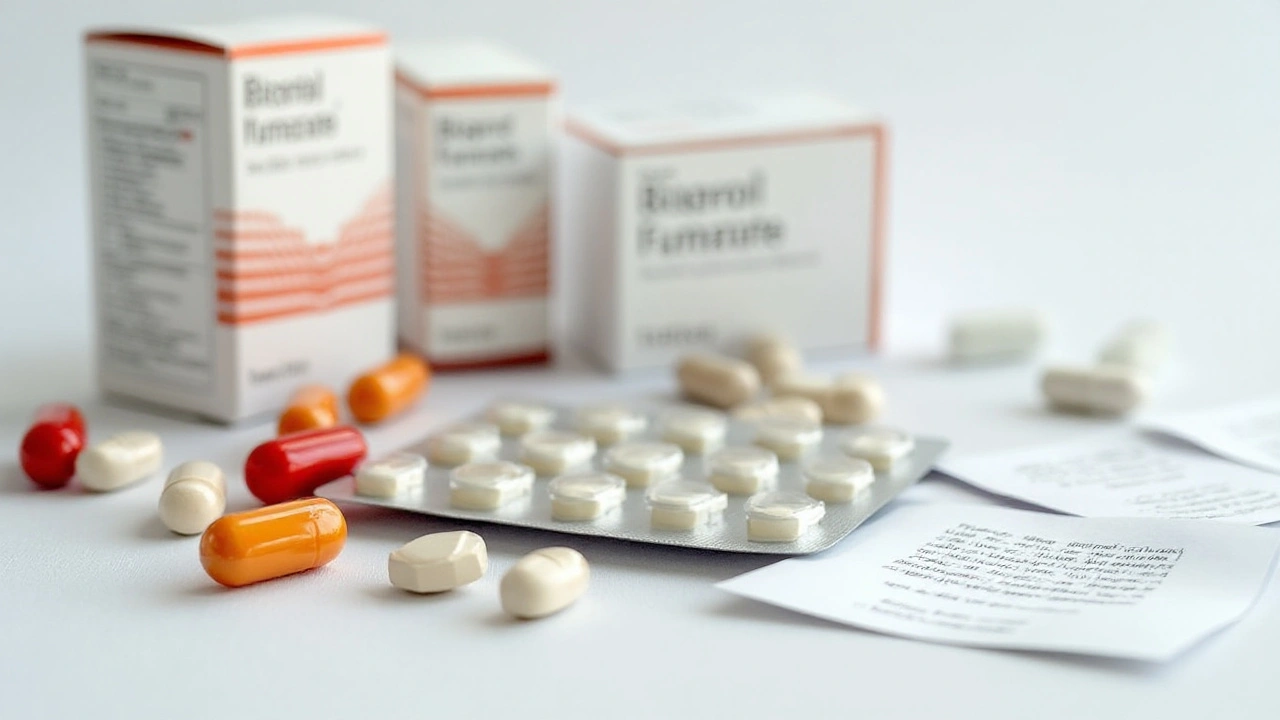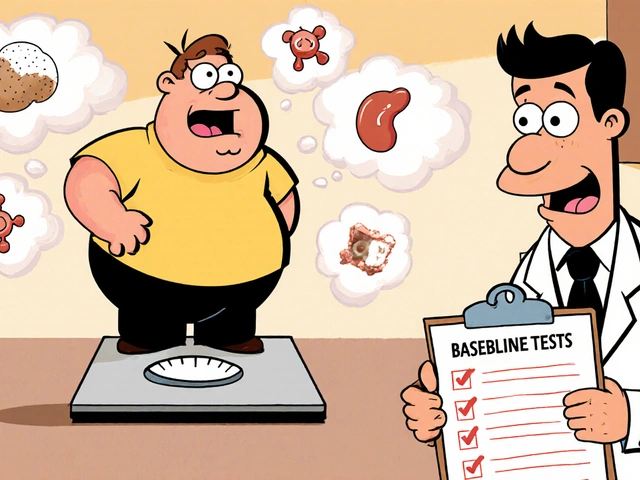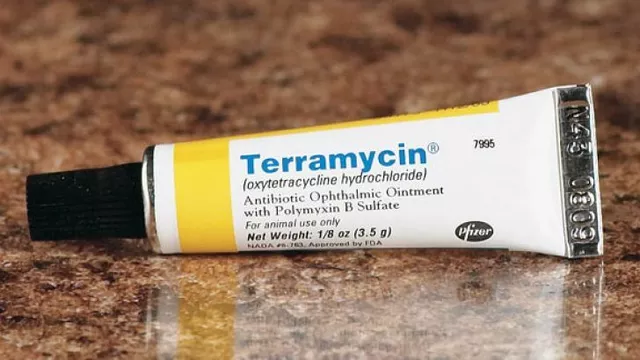Heart Health: Practical Steps to Lower Blood Pressure and Protect Your Heart
High blood pressure affects about 1 in 3 adults and often has no symptoms. That’s why simple checks and clear actions matter more than you might think.
This tag gathers straight-to-the-point guides on blood pressure medicines, drug safety, and everyday habits that move the needle. Want a medication overview? See our Hyzaar article for uses, side effects, and dosing. Curious how losartan-hydrochlorothiazide stacks up against other options? We have a plain-English comparison to help you talk with your doctor.
Medications: what to know
Blood pressure meds come in several families: ACE inhibitors, ARBs (like losartan), diuretics (like hydrochlorothiazide), calcium channel blockers, and beta blockers. Combination pills—such as losartan plus a diuretic—can work well but need monitoring for potassium, kidney function, and side effects. If you’re on Hyzaar (losartan‑HCTZ), check both blood pressure response and labs as your provider recommends.
Watch out for other drugs that affect blood pressure. Some painkillers (NSAIDs) can raise readings or blunt medication effects — our Celebrex piece explains that risk in plain terms. Herbal supplements and certain antidepressants also interact with heart and blood pressure meds; always bring a full list of what you take to appointments.
Daily habits that help
Small, consistent lifestyle changes make a big difference. Aim for 1,500–2,300 mg of sodium daily if you have high blood pressure; cutting salt by even a little often lowers readings. Move more: 30 minutes of moderate activity most days helps. Losing 5–10% of body weight if you’re overweight can cut systolic pressure noticeably.
Limit alcohol, quit smoking, and prioritize sleep—poor sleep raises cardiovascular risk. Add potassium-rich foods like bananas and leafy greens unless your doctor advises otherwise. If you have stress spikes, try short breathing breaks or a quick walk instead of reaching for caffeine or snacks.
Monitor at home with a validated blood pressure cuff. Sit quietly, take two measurements one minute apart, and average them. Track readings for a week and bring the record to your clinician — trends matter more than a single number.
Know the urgent signs: sudden chest pain, fainting, severe shortness of breath, or new weakness warrant immediate emergency care. Don’t stop or change medications without talking to your provider; abrupt changes can be dangerous.
Use the articles under this tag as practical tools—read the Hyzaar guide for drug-specific advice, the losartan comparison to weigh options, and our piece on NSAIDs if you take pain medicine. These short, focused reads are meant to help you ask better questions at your next visit and take small steps that add up to real heart protection.





